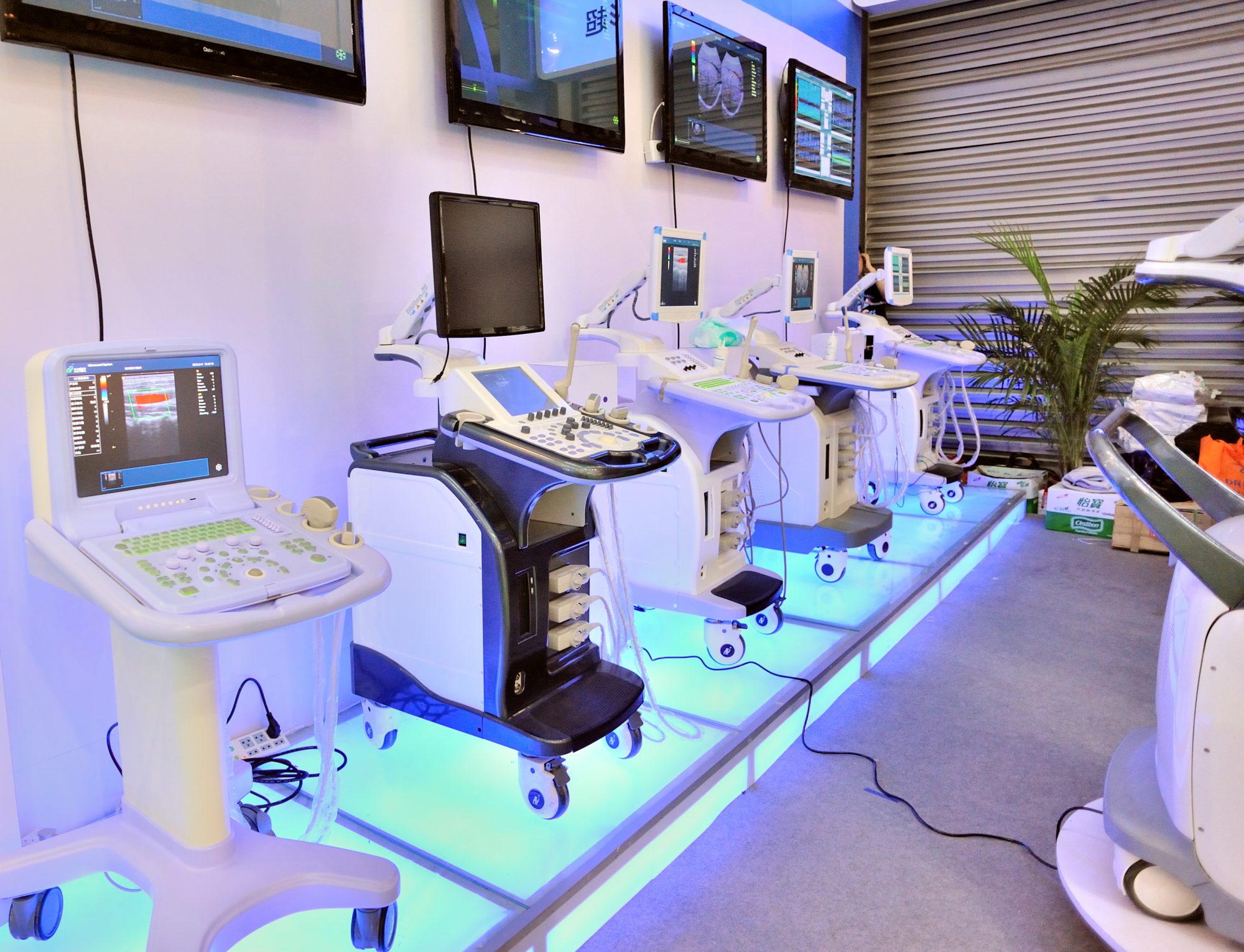AI in healthcare covers a wide range of assistance to health systems and workers, but what are the specific benefits and downfalls of its adoption?
From transportation to service provision, Artificial Intelligence (AI) has showcased science and technology’s development over the years, especially with the implementation of AI in healthcare.
However, it doesn’t stop there. One of the biggest leaps it has taken is toward healthcare, which has brought a mixed reaction from the general public and medical professionals.
AI in healthcare covers a wide range of assistance to algorithmic and tedious tasks that are part of the job of healthcare workers.
This includes streamlining time-consuming tasks, simplifying complex procedures, and even real-time decisions that are clinically done.
But as in all aspects of human progress, there are always things to consider in order to see the bigger picture.
What are the pros of AI use?
Due to the advent of AI in medicine, there has been quite a list of benefits that this has garnered both professionals, businesses, and patients.
More than just the research done on nanotechnology in medicine, AI has created a vastly easier environment for healthcare professionals to get things done.
Real-Time Access to Information
One of the strongest suits of AI in healthcare is its ability to deliver data in real time.
This allows faster diagnosis based on results, which ultimately contributes greatly towards the recovery or treatment plan of patients.
By lowering patient waiting time, clinical decisions are better made.
Additionally, with the integration of mobile apps, patient-doctor relationships become better as well.
Through mobile alerts, medical professionals can also get real-time updates on status, emergencies, and changes that might have been encountered by the patient.
Streamlining Tasks
Remember having to do the menial task of calling up the hospital and asking to be redirected to the clinic of your doctor and have the secretary call you back regarding the update of your next visit? All of those tasks can now be seamlessly done with the help of AI.
From setting appointments, translating clinical information, and transferring and tracking patient records and medical histories, AI in healthcare has greatly aided in streamlining tasks.
With advanced algorithms, some can even spot important markers visually in radiation technology, which speeds up the process of immense analysis.
Cost-Efficient and Resourceful
As AI replaces tedious human tasks with advanced algorithms, the expenses of hospitals can be reduced by a big fraction.
Some AI can also assist in reviewing cases to help in analysing what is necessary for the hospital.
Research Ability
More than just providing real-time data, AI can also integrate other sources of information based on research that can be of great use for analysing diseases.
Softwares have been created to address specific big diseases, such as childhood cancer, to aid in the necessary procedures and options per stage of development.
More so, information gathered within the hospital also becomes part of the bigger pool of advanced research for further studies on the disease.

What are the Cons of AI use?
AI in healthcare has marked how technology can also give back to those in the hard sciences, such as medicine.
However, it is not a perfect algorithm or system, especially when the entire humanity in healthcare is being considered. Here are some of the reasons why:
Requires Human Oversight
Because AI is not perfect, running them will still require human oversight and surveillance.
Robotic technologies that aid in surgeries, for example, have no sense of empathy and will operate merely on their program.
Data suggested and presented by AI will still need a human doctor who still has the final decision to make whether to dismiss it or to follow through with it, depending on the case of each specific patient he/she has.
Might Create Social Biases
AI in healthcare functions on algorithms that may find it most convenient to the majority (i.e. nearest possible clinic or hospital for a patient).
However, this doesn’t take into account any socioeconomic background of a patient and whether the patient feels comfortable going to the said suggested facility produced by AI.
Certain compatibility issues also arise when it comes to specific mobile platforms and devices, which definitely doesn’t take into account what all are capable of having.
More so, AI makes use of available data to help in diagnosis. When this data isn’t available, it can create a faulty diagnosis.
Might Replace Human Employees
As mentioned before, because AI can do most of the menial and tedious human labor in healthcare, there is a risk of possibly no longer needing specific employees within the hospital as their jobs can be replaced by AI.
This presents an ethical issue that is still being discussed today. Indeed, there are redundant jobs within healthcare that can already be fixed by AI; however, this doesn’t seem to be the end-all and be-all of human progress and development.
Possible Security Risks
The most obvious and direct weakness of AI in healthcare is that it can bring about a security breach with data privacy.
Because it grows and is developed based on information gathered, it also is susceptible to data collected being abused and taken by the wrong hands.
What might originally be cost-efficient might just take up added costs to increase data security for the hospitals invested in AI.
Cyberattacks can also be a greater threat in manipulating and possibly giving an erroneous diagnosis.
What is the next step for adopting AI?
Generally, AI in healthcare still does wonders and is beneficial to the majority of healthcare workers and patients alike.
It has made possible the convenience and the access to a wider range of healthcare for the rest of the world.
However, there should always be cautious in the use of AI. It would be wise to create a balance between purely human labour and purely AI work.
The balance can only exist when both are working together to make a healthier life for all.
Simply put, the more AI investment is done in a hospital, the more it should also work harder at securing data to protect its workers and patients.
Additionally, more research should still be done to better integrate AI in healthcare so it can finally address its current weak spots.
This work was provided and written by Oliver Morris, AI and tech writer at Plat.AI












Very well-articulated piece of article.
What steps need to be taken to minimize the security breach of patient’s data?